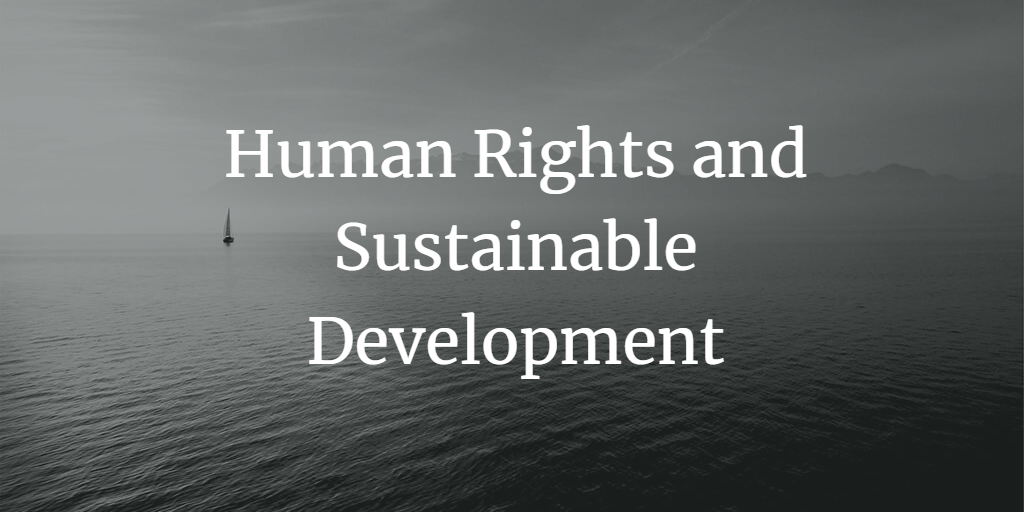Human Rights and Sustainable Development: A Comprehensive Analysis

Human rights and sustainable development are inextricably linked, as they both aim to improve the well-being of individuals and communities. This blog delves into their relationship and the significance of integrating both concepts for a better world.
Table of Contents
Introduction to Human Rights and Sustainable Development
Interdependence of Human Rights and Sustainable Development
The United Nations Sustainable Development Goals
Challenges and Opportunities
Conclusion
1. Introduction to Human Rights and Sustainable Development
Human rights are the fundamental rights and freedoms to which every individual is entitled, regardless of nationality, gender, race, religion, or other status. They are universal and inalienable, meaning they cannot be taken away.
Sustainable development is a development model that seeks to meet the needs of the present without compromising the ability of future generations to meet their needs. It is based on the principles of economic, social, and environmental sustainability.
2. Interdependence of Human Rights and Sustainable Development
Human rights and sustainable development are closely linked, as they both aim to promote the well-being of individuals and communities. The realization of human rights is essential for achieving sustainable development, and vice versa. For example:
Economic Sustainability: The right to work and an adequate standard of living are essential for economic growth and poverty reduction.
Social Sustainability: The rights to education, health, and social protection contribute to social cohesion and inclusive development.
Environmental Sustainability: The right to a healthy environment and the rights of indigenous peoples and local communities are crucial for conserving natural resources and addressing climate change.
3. The United Nations Sustainable Development Goals
The United Nations Sustainable Development Goals (SDGs) are a set of 17 global goals that aim to end poverty, protect the planet, and ensure prosperity for all by 2030. They serve as a blueprint for integrating human rights and sustainable development, as they address various aspects of both concepts, including:
No Poverty: SDG 1 aims to end poverty in all its forms, recognizing the right to an adequate standard of living.
Quality Education: SDG 4 promotes inclusive and equitable quality education, reflecting the right to education.
Gender Equality: SDG 5 seeks to achieve gender equality and empower all women and girls, in line with the principle of non-discrimination.
4. Challenges and Opportunities
Integrating human rights and sustainable development presents both challenges and opportunities. Some of the key issues include:
Balancing Rights and Responsibilities: Ensuring that the pursuit of one right or development goal does not undermine others.
Inclusive Participation: Encouraging the active involvement of all stakeholders, particularly marginalized and vulnerable groups, in the development process.
Accountability: Strengthening the mechanisms for monitoring and evaluating the implementation of human rights and sustainable development commitments.
5. Conclusion
Human rights and sustainable development are interconnected concepts that must be integrated to create a just and prosperous future. By understanding their relationship and working together to address the challenges and opportunities, we can foster a more equitable, inclusive, and sustainable world. The integration of human rights and sustainable development necessitates collaboration among governments, civil society, businesses, and individuals. By recognizing and embracing this interconnectedness, we can create innovative solutions that ensure no one is left behind, ultimately promoting a brighter future for all.


